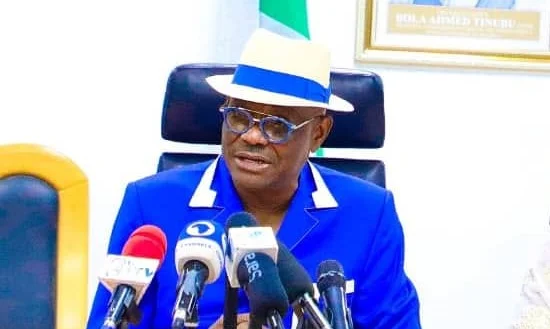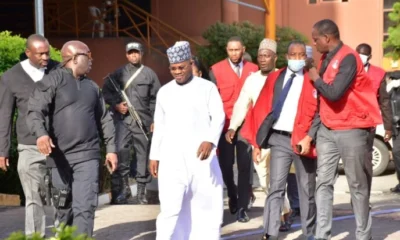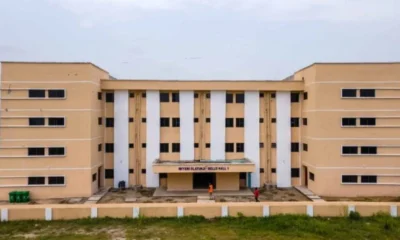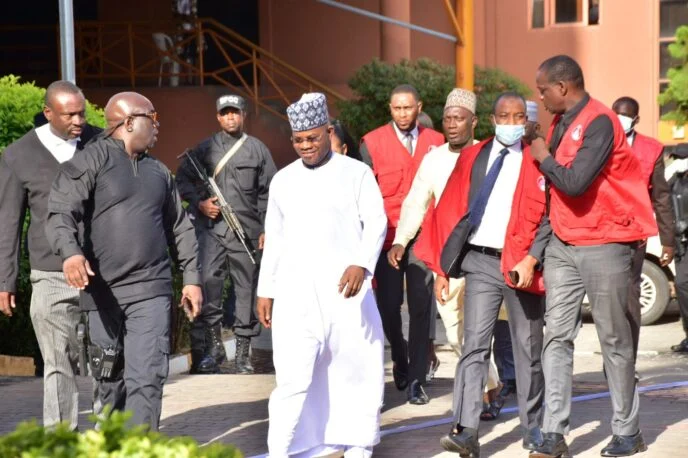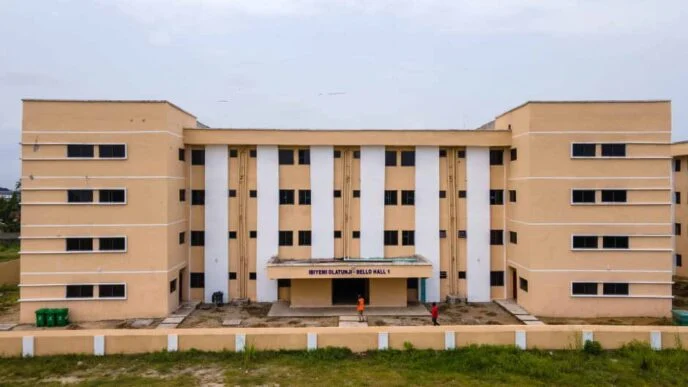BIG STORY
Fubara Is The Architect Of Rivers Crisis, He Didn’t Obey Court Order — Wike
-

 BIG STORY4 days ago
BIG STORY4 days agoNational Assembly Passes Life Imprisonment Bill For Nigerian Drug Traffickers
-

 BIG STORY2 days ago
BIG STORY2 days agoDiscos May Move Three Million Subscribers To Estimated Billing Over Failure To Upgrade Prepaid Meters
-

 BIG STORY3 days ago
BIG STORY3 days agoDonors Supporting Simon Ekpa Guilty Of Terrorism — Lawyers
-

 BIG STORY4 days ago
BIG STORY4 days agoUPDATE: We’re Ready To Provide Evidence For Trial Of Simon Ekpa — Enugu Government
-

 BIG STORY2 days ago
BIG STORY2 days agoBritish Court Orders David Hundeyin To Pay N200million As Damages To BBC Journalist For Libel
-

 BIG STORY1 day ago
BIG STORY1 day agoJUST IN: Ebonyi Governor Suspends Health, Housing Commissioners Over “Gross Misconduct, Negligence Of Duty”
-

 BIG STORY4 days ago
BIG STORY4 days agoMuch Ado About Meddlesome Minions, And Messengers Of Misinformation — By Tayo Williams
-

 BIG STORY2 days ago
BIG STORY2 days agoNigerian Businessman Arrested At Enugu Airport For Ingesting 90 Wraps Of Cocaine ‘To Save Failing Business’





